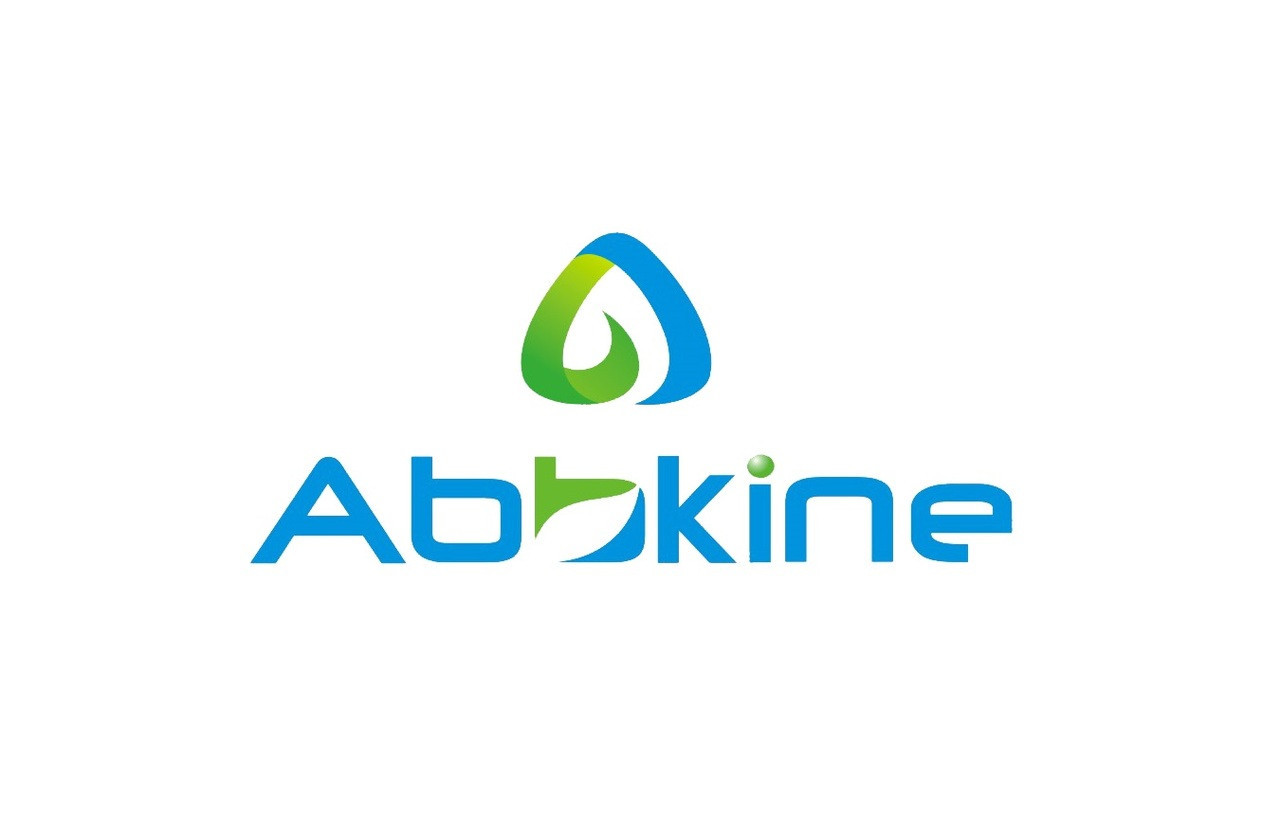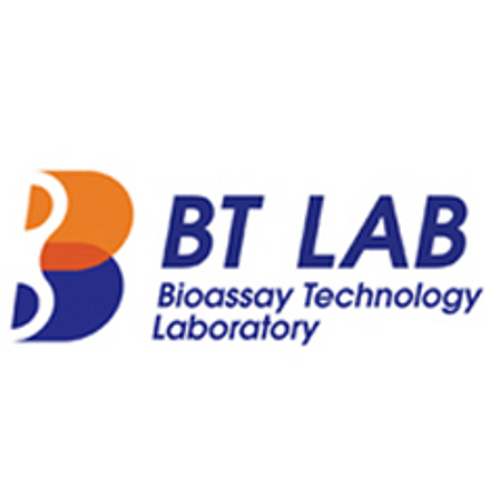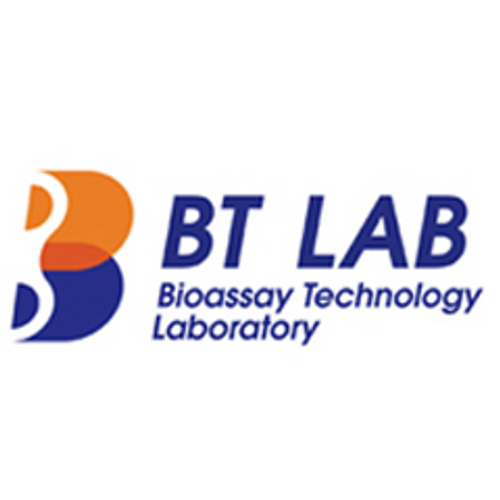Product Description
Mouse NAD-dependent deacetylase sirtuin-1 (Sirt1) ELISA Kit | KTE70437 | Abbkine
Application: This Mouse NAD-dependent deacetylase sirtuin-1 (Sirt1) ELISA Kit employs a two-site sandwich ELISA to quantitate SIRT1 in samples. An antibody specific for SIRT1 has been pre-coated onto a microplate. Standards and samples are pipetted into the wells and anySIRT1 present is bound by the immobilized antibody. After removing any unbound substances, a biotin-conjugated antibody specific for SIRT1 is added to the wells. After washing, Streptavidin conjugated Horseradish Peroxidase (HRP) is added to the wells. Following a wash to remove any unbound avidin-enzyme reagent, a substrate solution is added to the wells and color develops in proportion to the amount of SIRT1 bound in the initial step. The color development is stopped and the intensity of the color is measured.
Detection Method: Colorimetric
Conjugate: N/A
Sample Type: Cell culture supernatants#Serum#Plasma#Other biological fluids
Assay Type: Multiple steps standard sandwich ELISA assay with a working time of 3-5 hours. It depends on the experience of the operation person.
Kit Component: • Mouse NAD-dependent deacetylase sirtuin-1 microplate
• Mouse NAD-dependent deacetylase sirtuin-1 standard
• Mouse NAD-dependent deacetylase sirtuin-1 detect antibody
• Streptavidin-HRP
• Standard diluent
• Assay buffer
• HRP substrate
• Stop solution
• Wash buffer
• Plate covers
Features & Benefits: Mouse NAD-dependent deacetylase sirtuin-1 (Sirt1) ELISA Kit has high sensitivity and excellent specificity for detection of Mouse SIRT1. No significant cross-reactivity or interference between Mouse SIRT1 and analogues was observed.
Calibration Range: Please inquire
Limit Of Detection: Please inquire
Usage Note: • Do not mix components from different kit lots or use reagents beyond the kit expiration date.
• Allow all reagents to warm to room temperature for at least 30 minutes before opening.
• Pre-rinse the pipet tip with reagent, use fresh pipet tips for each sample, standard and reagent to avoid contamination.
• Unused wells must be kept desiccated at 4 °C in the sealed bag provided.
• Mix Thoroughly is very important for the result. It is recommended using low frequency oscillator or slight hand shaking every 10 minutes.
• It is recommended that all samples and standards be assayed in duplicate or triplicate.
Storage Instruction: The unopened kit should be stored at 2 - 8°C. After opening, please store refer to protocols.
Shipping: Gel pack with blue ice.
Precaution The product listed herein is for research use only and is not intended for use in human or clinical diagnosis. Suggested applications of our products are not recommendations to use our products in violation of any patent or as a license. We cannot be responsible for patent infringements or other violations that may occur with the use of this product.
Background: Sirtuin 1 is a member of the sirtuin family of proteins, homologs of the Sir2 gene in S. cerevisiae. Members of the sirtuin family are characterized by a sirtuin core domain and grouped into four classes. The functions of human sirtuins have not yet been determined; however, yeast sirtuin proteins are known to regulate epigenetic gene silencing and suppress recombination of rDNA. Studies suggest that the human sirtuins may function as intracellular regulatory proteins with mono-ADP-ribosyltransferase activity. The protein encoded by this gene is included in class I of the sirtuin family. Sirtuin 1 is downregulated in cells that have high insulin resistance and inducing its expression increases insulin sensitivity, suggesting the molecule is associated with improving insulin sensitivity.
Alternative Names: SIRT1; RP11-57G10.3; SIR2L1; SIR2alpha; sir2-like 1; sirtuin 1; sirtuin type 1
Search name: SIRT1; RP11-57G10.3; SIR2L1; SIR2alpha; sir2-like 1; sirtuin 1; sirtuin type 1
Tag: SIRT1
 Euro
Euro
 USD
USD
 British Pound
British Pound
 NULL
NULL












